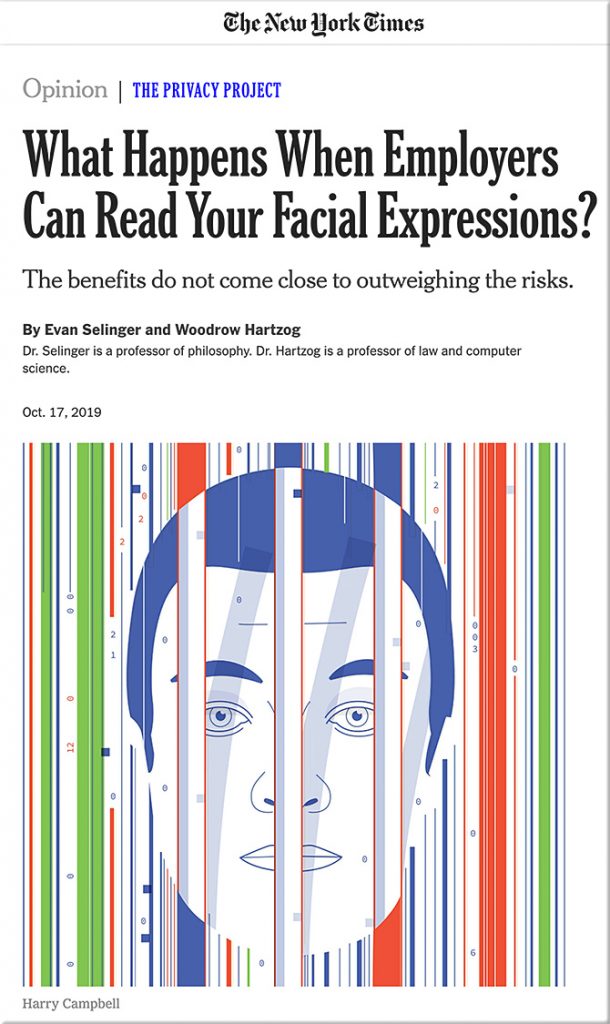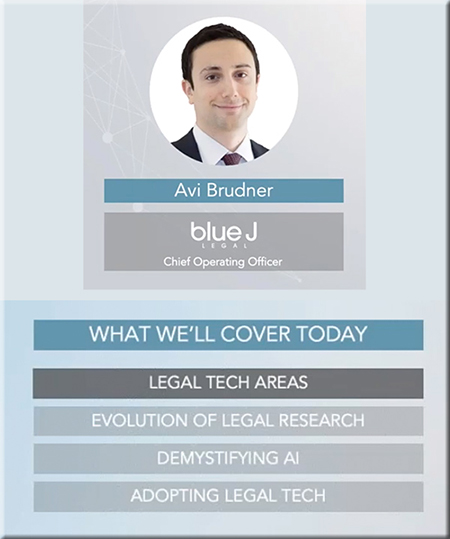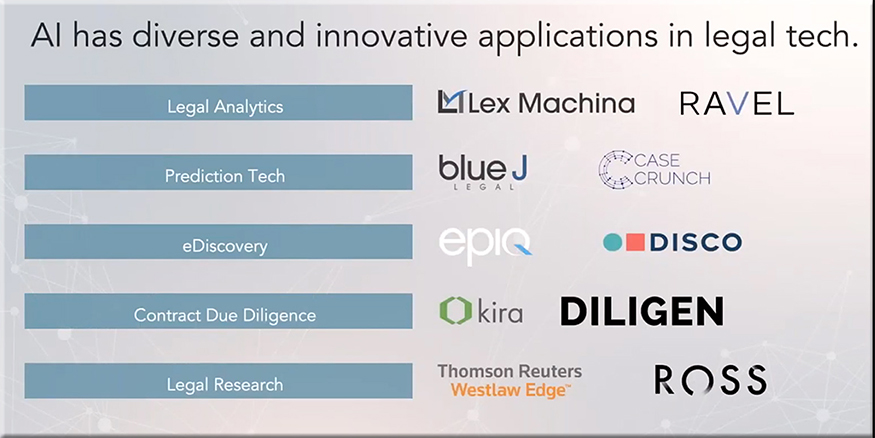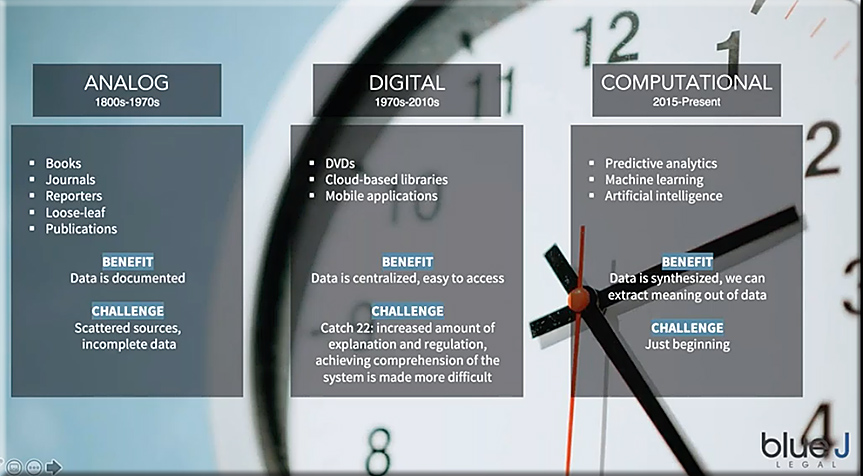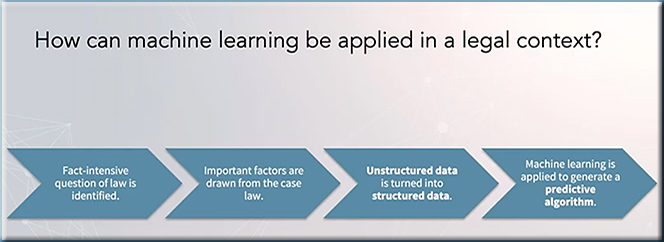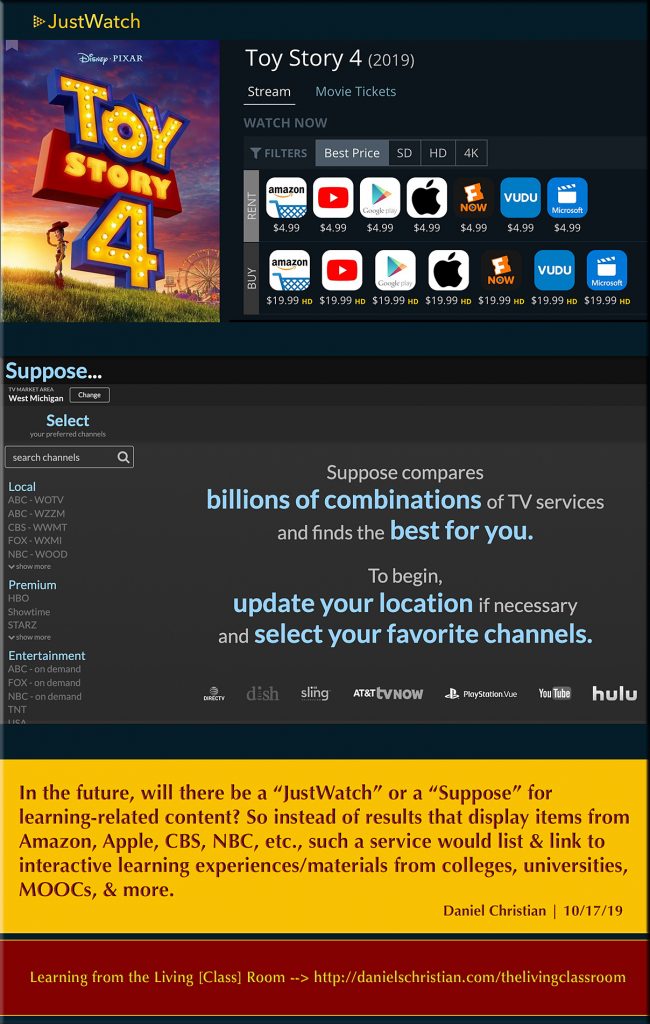AI hiring could mean robot discrimination will head to courts — from news.bloomberglaw.com by Chris Opfer
- Algorithm vendors, employers grappling with liability issues
- EEOC already looking at artificial intelligence cases
Excerpt:
As companies turn to artificial intelligence for help making hiring and promotion decisions, contract negotiations between employers and vendors selling algorithms are being dominated by an untested legal question: Who’s liable when a robot discriminates?
The predictive strength of any algorithm is based at least in part on the information it is fed by human sources. That comes with concerns the technology could perpetuate existing biases, whether it is against people applying for jobs, home loans, or unemployment insurance.
From DSC:
Are law schools and their faculty/students keeping up with these kinds of issues? Are lawyers, judges, attorney generals, and others informed about these emerging technologies?










